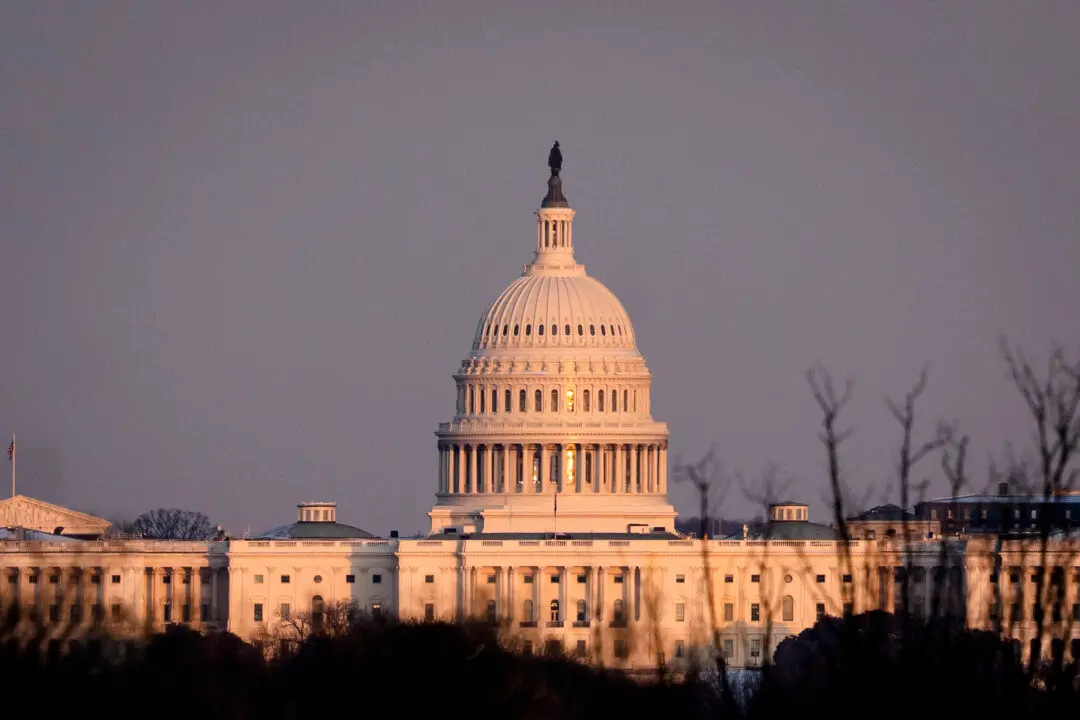Outgoing Rep. Adam Kinzinger (R-Ill.) has unveiled a list of endorsements for state and federal level candidates for public office that includes several Democrats.
Kinzinger has been notorious among Republicans for his vote to impeach President Donald Trump following the Jan. 6 “Stop the Steal” rally and for his subsequent activities on the Jan. 6 panel. On the panel, Kinzinger—who was appointed as a minority party member by House Speaker Nancy Pelosi (D-Calif.) against all prior House precedent—serves with Ranking Member Liz Cheney (R-Wyo.) as one of only two GOP members.





